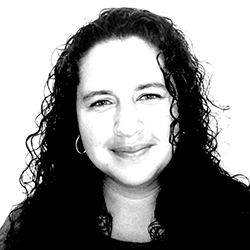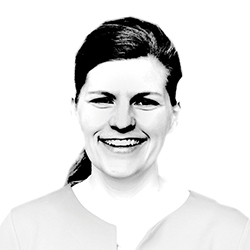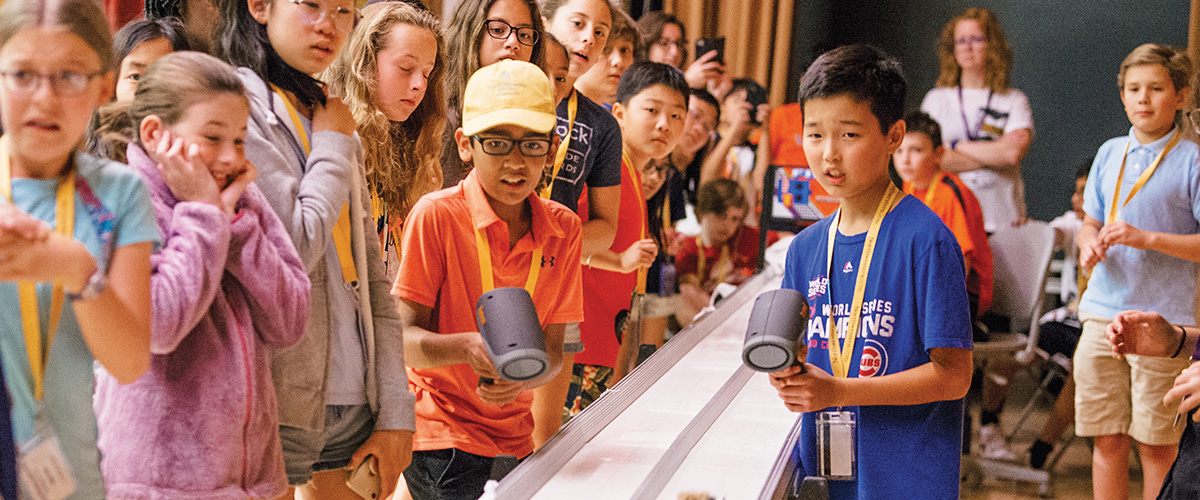News
Race Day
Using radar guns, students clocked their basswood CO2 dragsters—some at at more than 30 miles per hour—during the final session of the Center for Talent Development class Designing Machines That Work.
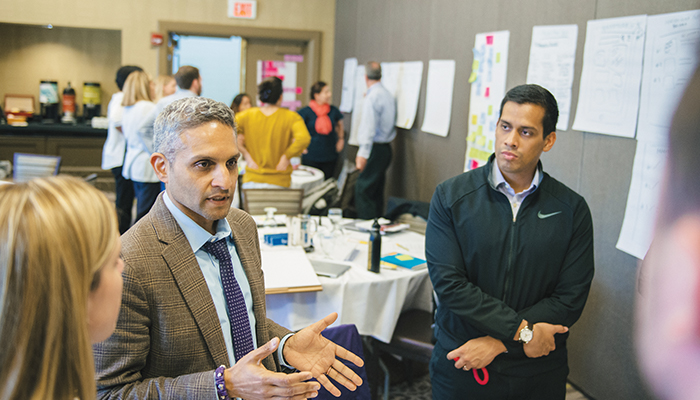
New Program for Senior Leaders
SESP’s new Executive Learning & Organizational Change (ELOC) program, which targets senior leaders with approximately 15 or more years of work experience, is recruiting its first cohort of students for classes beginning in January 2019.
The non-degree ELOC program is an extension of Northwestern’s pioneering Master’s in Learning and Organizational Change (MSLOC) curriculum, which helps leaders create transformational change in multiple sectors, including business, education, design, non-profit, and more.
“ELOC is designed to help make people better leaders and coaches in the face of complex, continuous organizational change,” said Kimberly Scott, assistant professor and director of the MSLOC and ELOC programs.
All classes will be taught by Northwestern faculty, coaches, and human capital thought leaders who bridge scholarship and practice— a hallmark of the program. More info can be found on the MSLOC website at eloc.northwestern.edu.

Sexism: Location Matters
New economic research co-authored by professor Jonathan Guryan indicates that white women born in parts of the United States where sexist attitudes are more prevalent grow up to earn less and to work less than women born elsewhere, relative to men born in those same states, the New York Times reported.
One of the study’s most striking findings was that “a woman’s lifelong earnings and how much she works are influenced by the levels of sexism in the state where she was born,” wrote Jim Tankersley. “A woman born in the Deep South is likely to face a much wider economic gender gap than a woman born on the Pacific Coast, even if both women move to New York as adults.”
A state-by-state map of sexist attitudes in the U.S. can be found at bit.ly/sexiststates.
Baxter Center Expands
The Baxter Center for Science Education, which provides students with real-world science experiences and teachers with professional development, equipment and classroom support, opened a new Northern Illinois hub at Round Lake High School.
The expansion was made possible by a generous grant from the Baxter International Foundation Inc. and will help support STEM education and career pathways for students in Round Lake and surrounding communities. The Baxter Center for Science Education, a program of Northwestern’s Office of Community Education Partnerships, also is partnering with Chicago Public Schools to design a new Science Teacher Leadership program to reach the entire network of high school science teachers and students.
Teachers who have been trained in a workshop can borrow a Baxter Box, a free kit of portable lab equipment that can be checked out online. Last year the Baxter Box program saved schools an estimated $150,000 in materials and equipment costs.
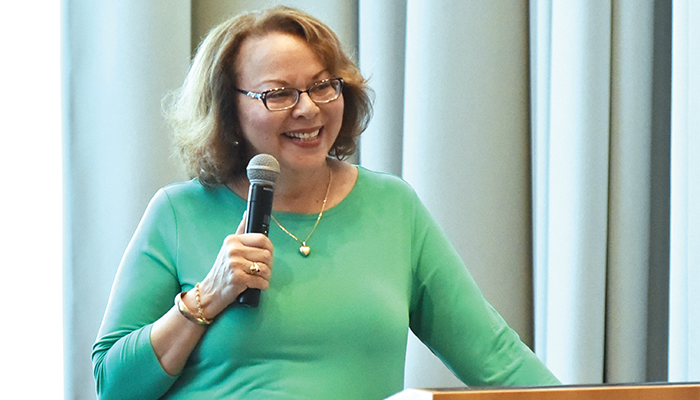
Should Black Women Date White Men?
Cheryl Judice knew her book on interracial relationships between black women and white men would raise some hackles. “She wrote it anyway,” columnist Heidi Stevens observed in the Chicago Tribune.
Interracial Relationships Between Black Women and White Men tells the stories of black women who are dating, married to, or divorced from white men. Judice, a sociologist and SESP practicum instructor who wrote her dissertation on the same topic, interviewed more than 120 people over three years to learn more about the experiences of black women or white men who date or marry interracially.
“Black women are the only group of women in America who can’t take for granted that if they want to marry within their race there will be an ample supply to choose from,” Judice said.
Statistics underscore the sobering reality:
- Black females begin to outnumber black males by age 16. (For whites, this doesn’t happen until approximately age 32.)
- Black men are more than twice as likely as black women to marry outside their race. (Meanwhile black women are the least likely group to marry outside their race.)
- For every 100 college-educated black females, there are approximately 35 to 40 comparably educated black males.
The book is not intended to dismiss black men as loving, suitable partners, Judice said. “There simply are not enough of them,” she said.
“If we don’t talk about it, it’s always going to be the elephant in the room,” Judice told the Chicago Tribune’s Stevens. “I’m looking at a core issue of how people really think. I’m not blaming anybody for anything. I’m just saying, ‘Let’s look at a life where people are free from some of the things that have shackled us for so long.’”
In Brief
The student affairs office was renamed the “Penelope Peterson Office of Student Affairs” for longtime SESP Dean Penelope Peterson who retired in 2017.
Michael Horn was awarded the junior/midcareer Edith Ackermann award from the Interaction Design and Children Conference 2018.

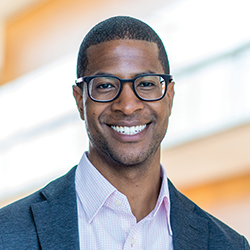

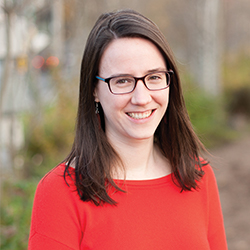
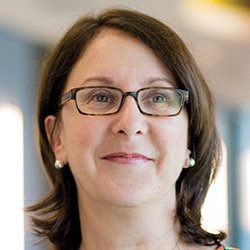
Saiying Steenbergen-Hu and Paula Olszewski-Kubilius received 2017–18 Mensa Education and Research Foundation Awards for Excellence in Research.
Sepehr Vakil, assistant professor of learning sciences and alumna Christina Krist (PhD16) received prestigious National Academy of Education/Spencer Postdoctoral fellowships.
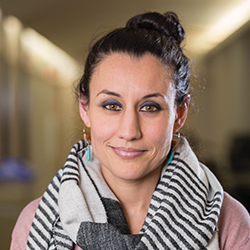
Marcelo Worsley received two National Science Foundation grants to study multimodal learning.
SESP Adds Five New Faculty
Five new faculty members—standouts in their ability to work across disciplines—joined SESP In the fall, including alumna Megan Bang (PhD09) of the University of Washington; Jennifer Munson and Yang Qu of Stanford University; Hannes Schwandt of the University of Zurich; and Sepehr Vakil of the University of Texas at Austin.
